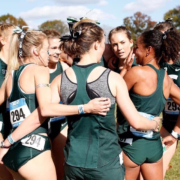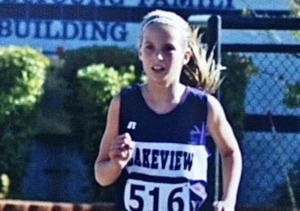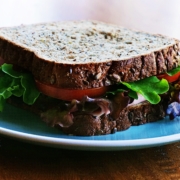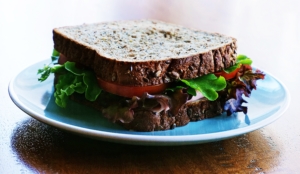What I Learned as a Collegiate Runner Majoring in Dietetics (Guest Post by Maggie Farrell) Part 3
Read Part 1 of Maggie’s Journey here.
Read Part 2 of Maggie’s Journey here.
Donate to her Running in Silence marathon journey fundraiser here! Maggie will be running the Austin Marathon THIS Sunday representing Running in Silence.
Since I wrote my initial blog post for Running in Silence, I have had several people ask me, “Why did you wait until now to share your struggles?” To be honest, I was scared–scared of what admitting I had a problem would mean for my running career. Scared that asking for help made me weak and people would question if I had actually had a problem.
It took stepping away from competitive running to realize that asking for help didn’t make me weak. My perspective mattered.
I shared in my first post that the first time I ever worried about my weight wasn’t until my junior year of high school. However, upon reflection, I realized that this isn’t entirely the truth. I remember stepping on the scale as a fourth grader. When I looked down at the scale, I remember feeling dissatisfied with the number and making myself get out the door for a walk. That night for dinner, I cut back on the number of bread and butter slices (a staple in my diet at that time) because I had been told that bread was “bad.” Fourth grade.That is absurd.
I bring up this experience to illustrate how difficult it is to have a healthy relationship with food and our bodies today. We are told, explicitly or implicitly, at a very young age, that our weight is one of the most important things about us. I won’t go too much into how our diet culture is harming our relationship with food at the very first exposure because we could be here for a while. I do, however, want to point out that this exposure to diet culture, in combination with additional pressures to “stay fit” and look a certain way in competitive sports, can make someone’s susceptibility to developing an eating disorder incredibly high.











